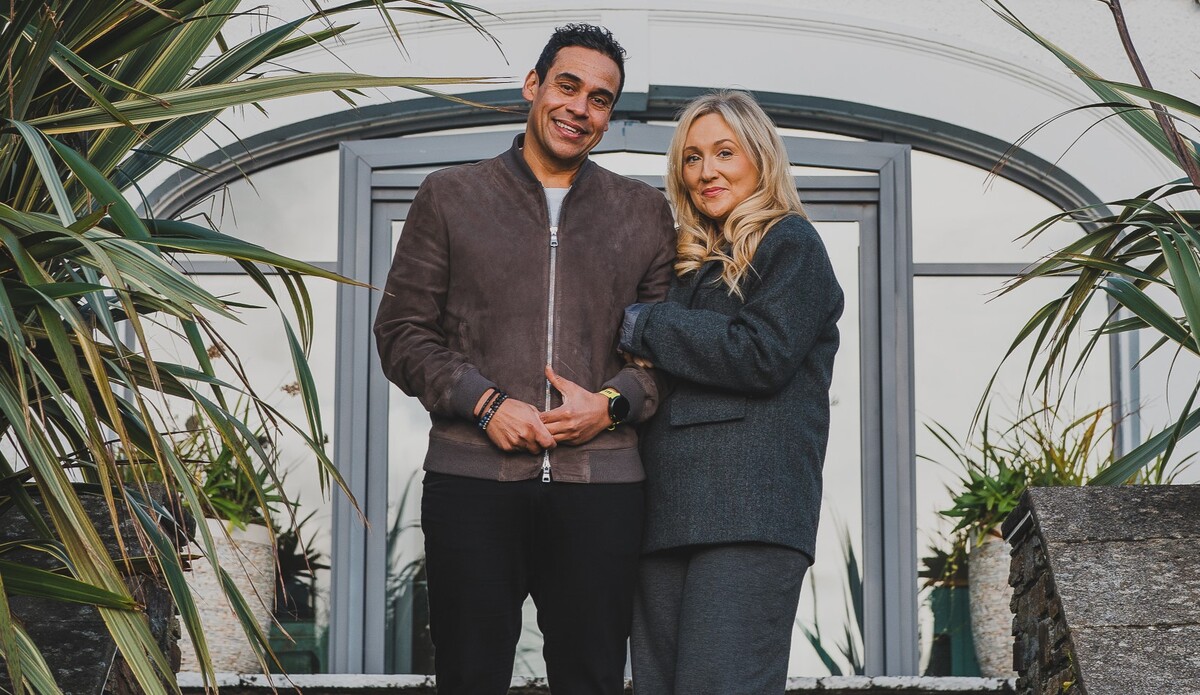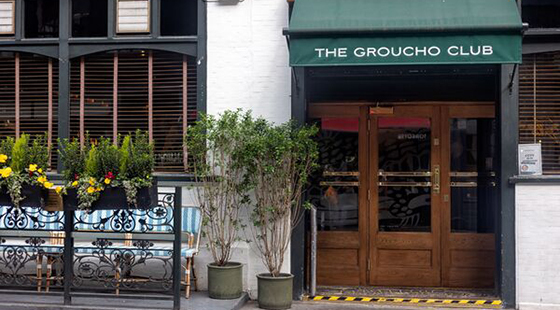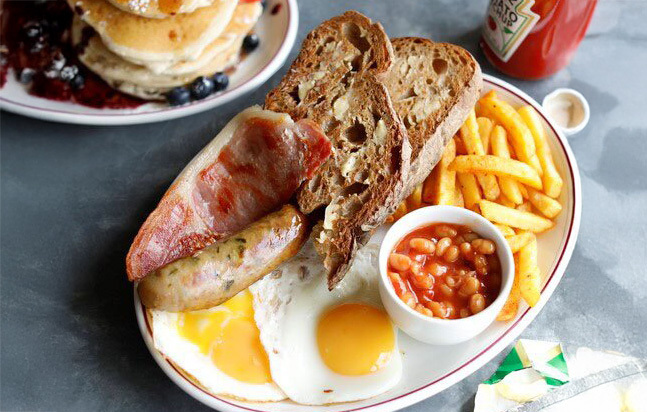What will the rise in interest rates mean for hospitality?
Last week the Bank of England increased interest rates from 1.25% to 1.75% in a bid to curb rising inflation and said the UK could fall into a recession this year.
The announcement sparked warnings about the possible impact on hospitality businesses, with many in the industry calling for more government support. We asked two analysts for their views on what it could mean for the sector.
Peter Martin, analyst, and founder of Peach 20/20
It’s not going to be good, but it’s not unexpected and it means another two years of pain for the industry.
The independent sector is going to really feel the pain here and predictions of another 9,000 or 10,000 sites going under, which we lost in terms of licensed premises in the last 10 years, don’t sound unrealistic. Bigger companies generally probably have more headroom and are probably still making money, so will be better equipped [to cope].
Recessions tend to be different. This one is not going to be accompanied by mass unemployment because we’ve got a shortage of staff, not just in hospitality but retail, agriculture and even tech.
The cost-of-living crisis affects different people in different ways so for an operator it’s a matter of understanding what part of the market you’re playing in and what consumer behaviour you can expect. During the last recession people did continue to go out to eat and drink although they might have changed where they went.
When people are going out, they want a really great experience, rather than just value for money. The industry will get through this but it’s a matter of how many [survive] and in what shape.
It’s going to be interesting to see how landlords will react. There were a lot of good ones in the pandemic and there were some not so good, that’s got to be played out if people do want to share the pain.
I don’t see any [government support] coming through. We’re not going to see another furlough scheme; we’re in a global recession and despite what everyone thinks we’re still prey to global forces, Brexit or no Brexit. It’ll be interesting to see what the new government will present us with. The Conservatives were elected on a manifesto, but that seems to be torn up every day.
Simon Stenning, analyst, and founder of FutureFoodservice
In the value sector Greggs saw 12% like for like growth in the last four weeks. The value end [of the industry] will be ok, the premium end will be ok, but the middle ground is going to get quite tricky. Either prices have to go up to allow operators to manage, but that can turn off consumer frequency and you have to improve the experience with it to get away with charging more, or you’ve got to try and discount and promote to maintain frequency and footfall.
The other thing is profitability and energy costs are going to really impact operators. Big companies will be relatively well protected by hedging or decent balance sheets and [access to] support, but it will be the smaller independents that might well struggle.
However, we don’t need to be totally pessimistic, as our innate desire to socialise is strong. People will still want to go out and socialise. You can understand that those [consumers] that aren’t so badly affected will continue [to go out], and those that are [more affected] will possibly trade down. It’s not all doom and gloom, it’s just going to be bloody difficult.
Image: Rawpixel.com / Shutterstock















